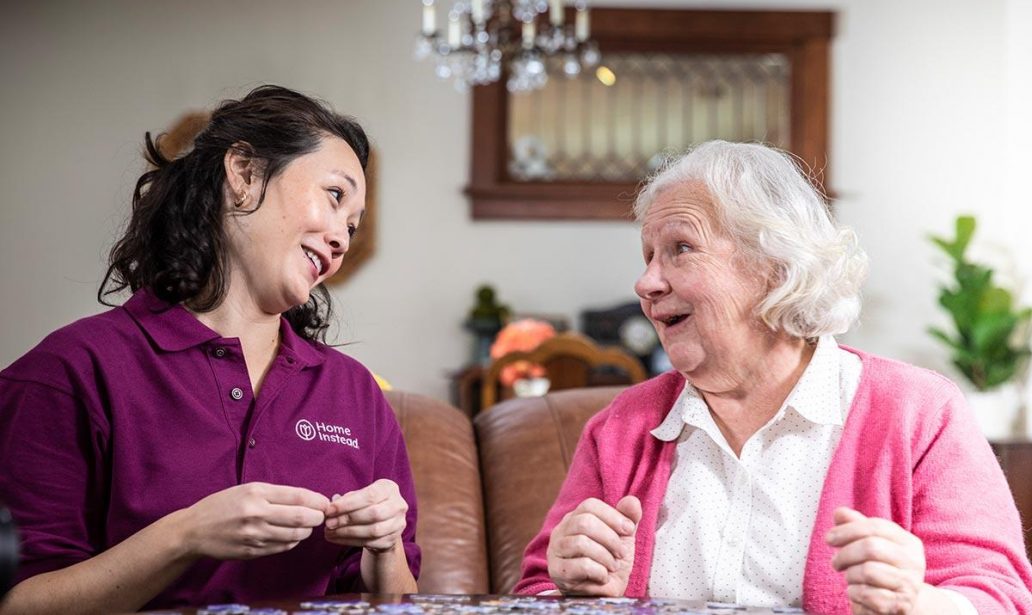Caring for seniors can be overwhelming, but there are a few steps caregivers can take to alleviate stress and improve their quality of life. Listed below are some of those steps:
Responsibilities
The roles of senior caregivers vary from one client to another, but they all involve helping elderly people with their daily activities. Responsibilities include providing assistance with personal hygiene, making the elderly feel comfortable, and helping with errands. Some caregivers even accompany their clients to medical appointments and grocery shopping. Depending on their client’s preferences, these duties may vary a great deal. Listed below are 10 typical responsibilities of a senior caregiver.
Companionship is one of the most important senior caregivers’ responsibilities. Companionship is a fundamental part of this job, and seniors often experience loneliness. It is important to provide companionship, as loneliness can affect a senior’s health. Senior caregivers can strengthen relationships with their loved ones by making time to visit. Likewise, caregivers can make arrangements for trusted visitors. The companionship and company provided by a caregiver can make a big difference to the patient’s quality of life.
Requirements
To become a senior care provider, you must have a few specific requirements. These requirements range from the age of the person you will be caring for to the level of their care needs. A senior caregiver is often required to provide personal care such as bathing and dressing. You may also be asked to drive them to the doctor, or to buy them groceries. Most senior caregivers work from the home of their clients, but some may work in an assisted living community or health care facility.
If you plan to be a professional caregiver, you must complete state-mandated training, including continuing education. After you complete the training, you must take an examination to prove that you’ve retained the information you learned. Certification programs are important for professional caregivers because they teach senior care professionals how to effectively manage and provide quality care. They will also train caregivers on the management and delivery systems necessary to provide quality care. You can find out if your preferred senior care provider has these certifications by checking with the Better Business Bureau.
Support groups
There are many different types of support groups for caregivers. Some are perfectly targeted to the needs of caregivers, and some are not. There are many options, from local community centers to Facebook groups and online forums. Many caregivers face similar challenges, so a general group is often the right choice. But it’s important to find a group that will meet your specific needs. Here are some tips for finding a group that’s right for you.
Attend a caregiver support group to learn more about caregiving, get emotional support, and discuss issues with other caregivers. Each group is different, and some are conducted through telephone conference, online chat, or email. Others meet in person. Whatever method you choose, they provide valuable support for caregivers and can reduce the risk of caregiver burnout. Find a group that meets your needs and attend a few meetings. By getting involved, you’ll be able to avoid the lonely, isolating feeling of caring for an aging loved one.

Resources
If you’re a caregiver for a senior, you’ve probably wondered where to start. Fortunately, there are many resources for caregivers out there. Many caregivers are unaware of how to navigate the system of benefits available to seniors. This can be a daunting task, but resources like Benefits Checkup can help. Other helpful sites include Family Care Navigator, which can help caregivers identify resources in their state. Ultimately, your caregiving success depends on how well you know your senior loved one and the services you’re providing.
One of the biggest challenges caregivers face is the stress and strain on their own health. The COVID-19 pandemic has already caused significant complications, and caregivers with limited resources are especially vulnerable. This pandemic is especially threatening to caregivers, as they aren’t allowed to accompany their loved one to facilities. A new resource for caregivers can help alleviate these risks. However, caregivers must be careful to protect their own health.
